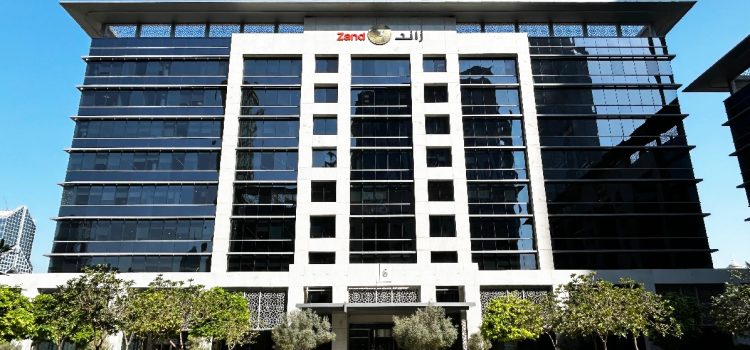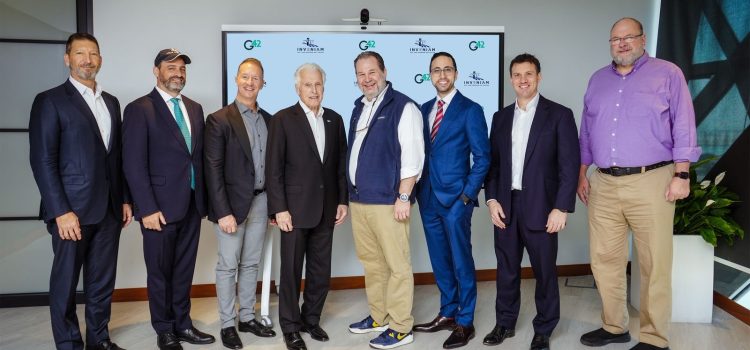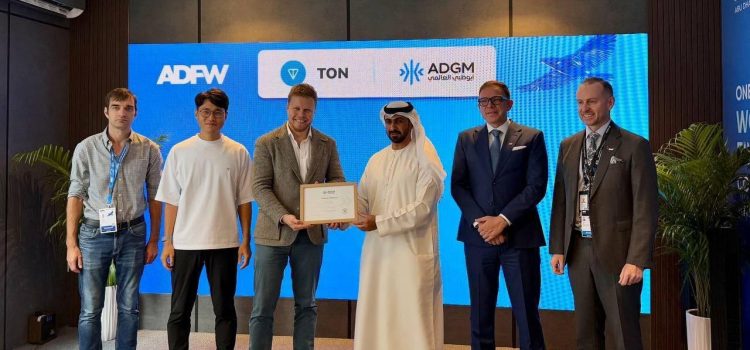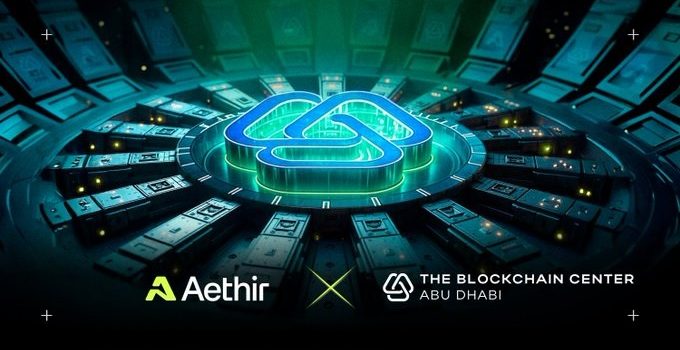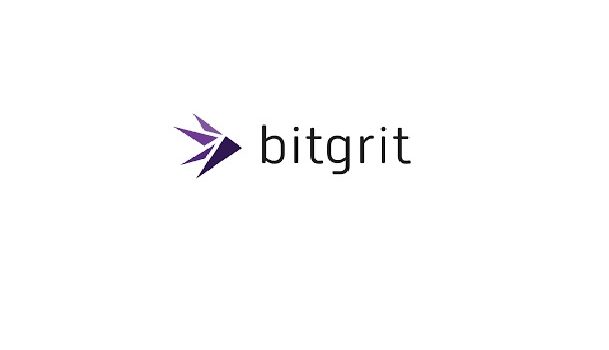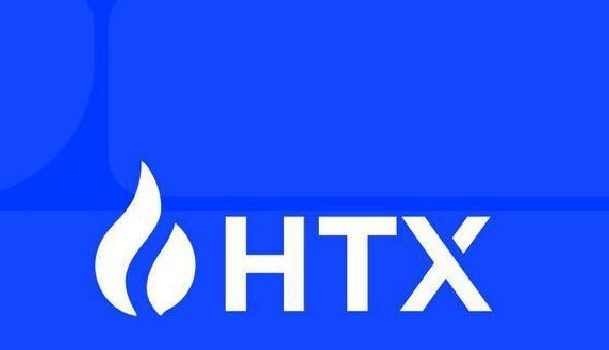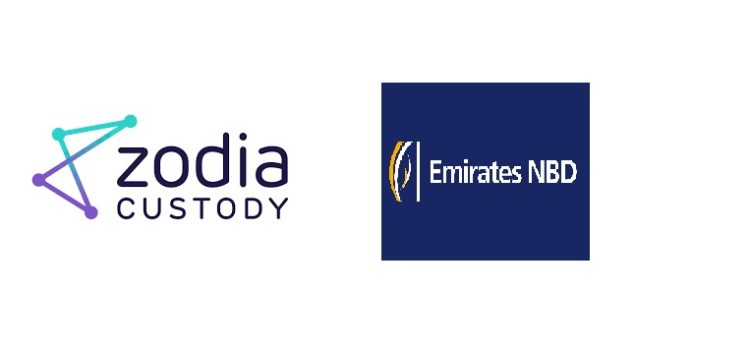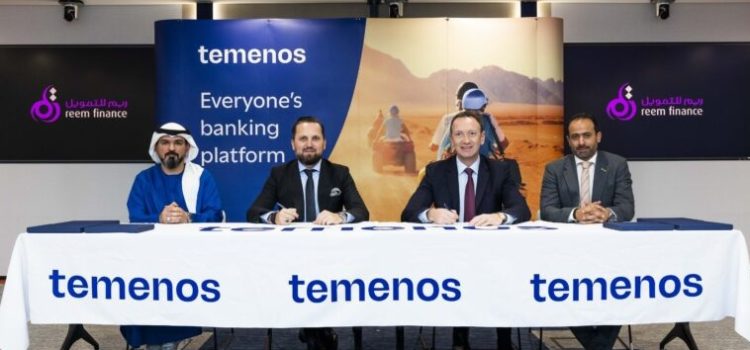
Fuze, a digital assets infrastructure provider in MENA, and Fils, an enterprise-grade digital infrastructure platform dedicated to embedding sustainability into every transaction, have partnered to launch the first-of-its-kind sustainable digital asset solution in the Middle East, Africa, and Turkey.
This collaboration will integrate blockchain-powered solutions through Fils’ use of the Layer-1 blockchain, ensuring transparency, traceability, and trust in every transaction, creating a seamless way for customers to measure and offset the carbon footprint of their digital asset purchases, supporting regional institutions and fintechs in meeting sustainability goals while navigating the growing demand for digital assets, and to lead in sustainability by aligning with global ESG goals.
The importance of this initiative is also underscored by the UAE’s rapidly growing digital assets market, which is projected to generate $453 million in revenue by the end of 2024, with further growth expected to surpass $616 million by 2028.
Nameer Khan, Founder and CEO of Fils, commented, “Our partnership with Fuze represents a milestone for both fintech and sustainability in the region. By embedding climate action directly into the digital assets ecosystem and leveraging the power of our blockchain technology, we’re providing the most comprehensive and first-of-its-kind solution that not only meets but exceeds global ESG expectations. This partnership underlines the growing importance of aligning financial innovation with environmental responsibility. Together, we are building the rails for a future where every transaction contributes to a greener planet, demonstrating how fintech can lead the charge in achieving net-zero goals.”
Mohammed Ali Yusuf (Mo Ali Yusuf), Co-Founder and CEO of Fuze, added, “Our partnership with Fils underscores Fuze’s commitment to innovation and responsibility. As digital assets become a mainstay for financial institutions, embedding sustainability in these transactions is essential for long-term growth and environmental stewardship. Together with Fils, we’re setting a new standard for green finance in the region.”
The partnership includes the following initiatives, providing real-time data on the environmental impact of digital asset transactions, empowering customers to make informed decisions, enabling customers to offset the carbon footprint of their transactions seamlessly, fostering climate-positive actions and helping banks and fintechs across the region adopt sustainable practices, aligning with global ESG (Environmental, Social, Governance) standards.
The collaboration between Fuze and Fils reflects a shared vision for responsible innovation. By integrating sustainability into digital assets, the partnership supports businesses in achieving both financial and environmental goals, paving the way for a greener economy.
funds, and HNIs (high-net-worth individuals) in executing large digital asset trades securely and efficiently. Fuze also offers crypto payment solutions, facilitating global, real-time, multi-currency transactions for businesses.









